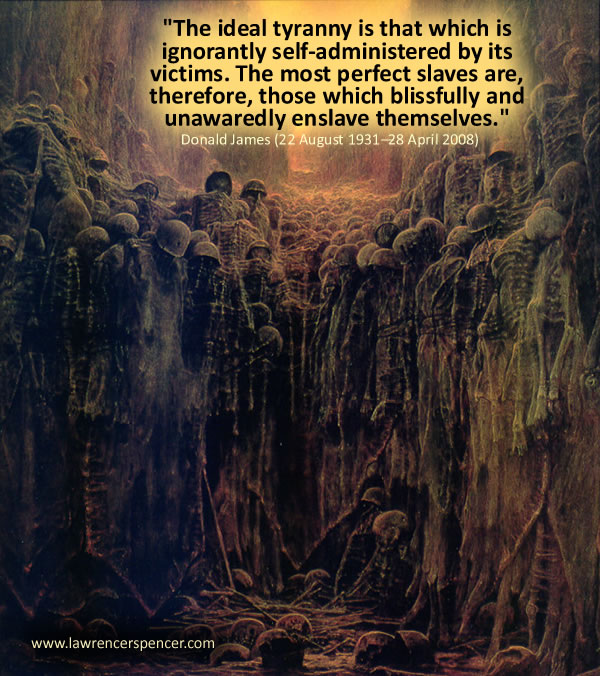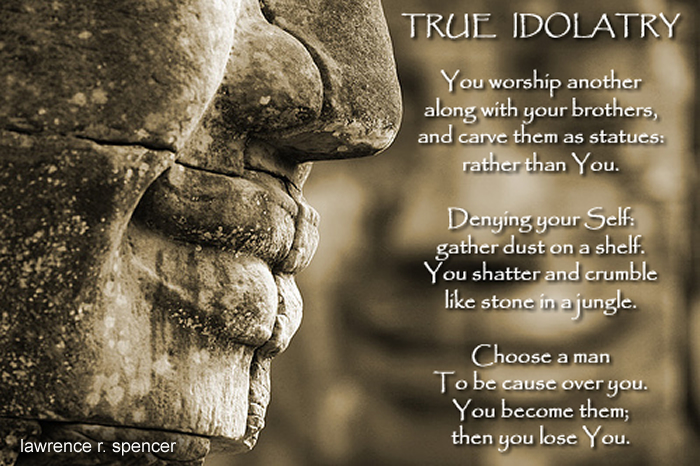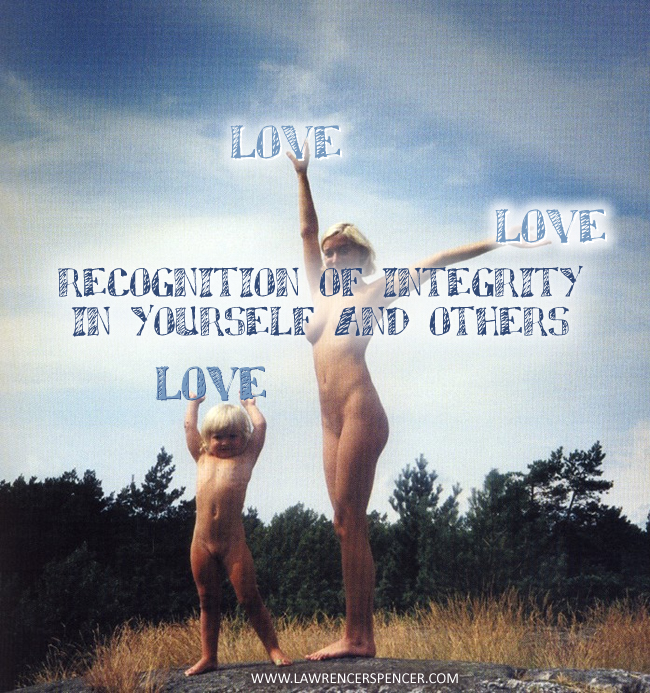Republished by Blog Post Promoter
“The ideal tyranny is that which is ignorantly self-administered by its victims. The most perfect slaves are, therefore, those which blissfully and unawaredly enslave themselves.”
— Donald James (22 August 1931—28 April 2008) — the author of the best-selling novels Vadim, Monstrum, The Fortune Teller and The Fall of the Russian Empire, as well as non-fiction books such as The Penguin Dictionary of the Third Reich. He wrote under a number of pseudonyms, notably Thomas Dresden and James Barwick. James’s career as a scriptwriter included work on TV series such as The Adventurer, The Avengers, The Champions, Department S, Joe 90, Mission: Impossible, The Persuaders!, The Protectors, Randall and Hopkirk (Deceased), The Saint, The Secret Service, Space: 1999, Terrahawks and UFO. He wrote for a total of 22 titles, including the Century 21 film Doppelgänger.





